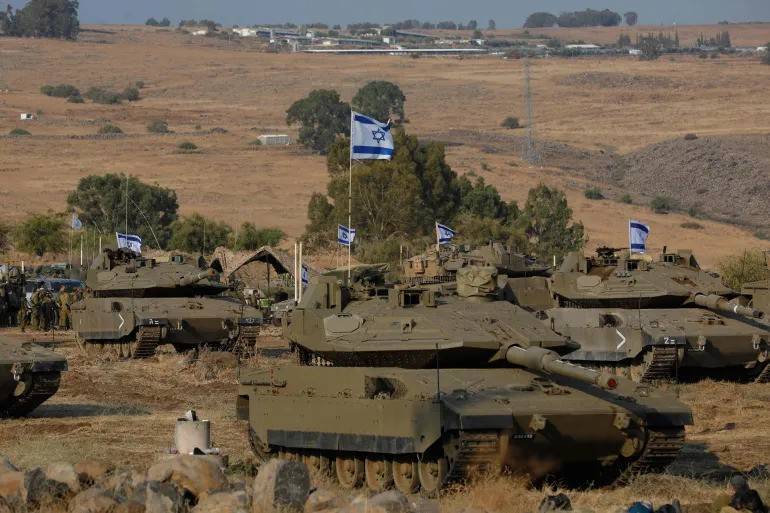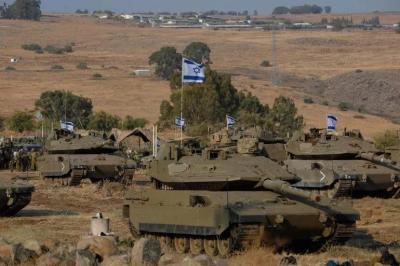Brigadier General Khaled Hamada, head of the Regional Forum for Consultations and Studies, observed that in the military developments in southern Lebanon, since they began, there are several important elements that confirm both Hezbollah and Israel's commitment to the rules of engagement. Notably, the clashes have been limited, except for certain targets that exceeded a distance of 5 miles, particularly Israeli operations targeting Hezbollah elements and leaders, and the firing of a few rockets by Hezbollah slightly beyond this distance into Israeli territory. Furthermore, neither side has shown any intention to target the infrastructure of the other country, and the types of weapons used by both sides, despite discussion of Hezbollah's Katyusha and Kornet rockets and Israel's drones and air sorties, remain limited in effectiveness. From Hamada's perspective, this means that in terms of objectives and the types of weapons used, or the reach into each other's territory, field developments are still operating within the established rules of engagement.
Regarding Hezbollah's Secretary-General Hassan Nasrallah's statement that the decision to engage in an open war in southern Lebanon depends on field developments, Hamada confirmed in a statement to "Anbaa" that this is indeed a correct military viewpoint. However, the question remains: who will enforce the factors of field developments, given that Iran has repeatedly emphasized through its Supreme Leader and Foreign Minister its commitment to not expanding the war? Although it may deny its involvement in the fighting, it practically intervenes through its proxies in the Arab region and through decisions attributed to the autonomy of these proxies. He concluded that what can be inferred is that Iran’s presence in the regional scene, particularly in the military aspect, is to assert to both the United States and Israel that it is a fundamental part of Israel's stability. Therefore, any settlement, negotiations, or even bargaining must consider its capability to maintain this stability. On another note, he pointed out that Nasrallah's claim that southern Lebanon is part of the war on Gaza is misguided and unrealistic because Hezbollah's military actions in the south do not support the Palestinian fighters in Gaza in any way nor exhaust the Israeli army, which would force it to reduce its military operations and attacks on Gaza. In other words, what is happening in southern Lebanon is only connected to the Gaza situation in terms of Israel's security and stability.
When discussing the United States' delivery of F-35 and F-15 fighter jets to Israel, Hamada expressed his belief that this development indicates that a war between Lebanon and Israel is now imminent and certain. This is due to several reasons, including the United States’ military reinforcements for Israel, a large naval buildup, and unprecedented wide-ranging international support aimed at protecting Israel's stability and shaping arrangements with neighboring countries while also preventing any interventions by regional states except according to U.S. interests. This suggests that Lebanon is on the brink of a new phase of military operations, with the south being the main theater, not to mention the possibility of Syrian involvement and an expansion of the war within the Mediterranean region.
In response to a question, Hamada confirmed that if an open war breaks out between Hezbollah and Israel, which is highly likely, Israeli military operations would not be limited to striking Hezbollah's bases, gathering areas, and supportive environments, but would extend to all of Lebanon.




